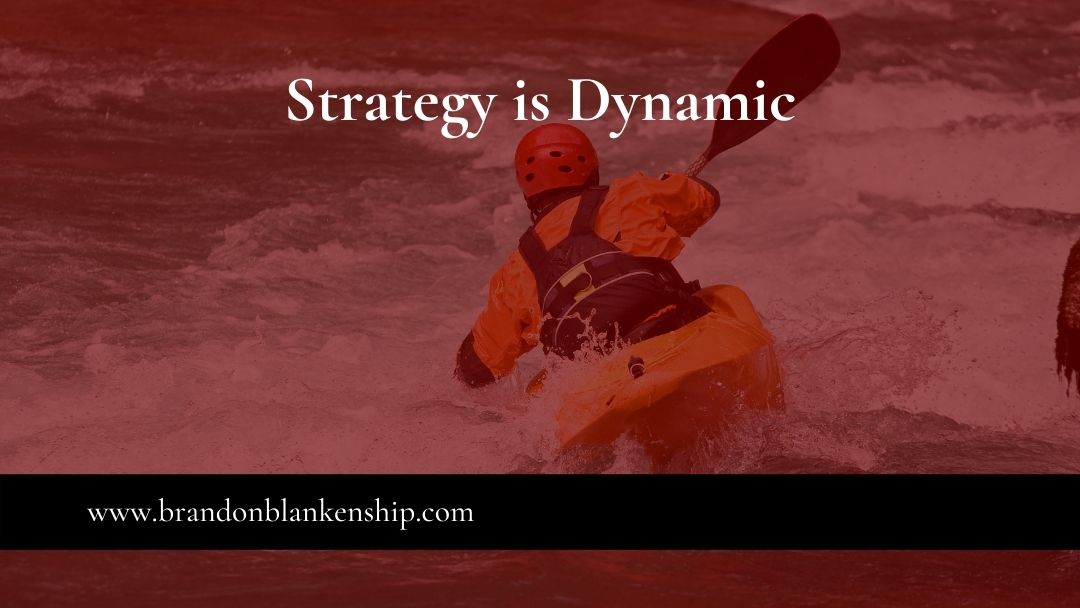Why is the role of strategist fading away at a time when it is the most needed?
What is a strategist? The origin of the word strategy is in Greek – the Greek words stratos (army) and agein (lead). “Strategy“ is then derived from the word strategos (a military general). The main meaning of strategy is long-term planning to help achieve an objective. The strategy describes how the objective will be achieved. The person responsible for crafting such a plan is called strategist.
Like a military general, a strategist works with tacticians to carry out strategic plans. In non-military organizations, this work is most efficiently carried out through collaboration with tacticians such as CEOs, COOs, specialists, and project managers, who use a carefully planned strategy to achieve a specific end.
Sun Tzu’s maxim teaches that strategy and tactics work in concert to accomplish objectives. Strategy without tactics is the slowest route to victory. Tactics without strategy are the noise before the defeat.
Strategy without tactics is the slowest route to victory.
Tactics without strategy are the noise before the defeat.
-Sun Tzu
In an ad agency, there is a role for creative integrity. The person filling that role ensures that at each step of a campaign (tactics) the integrity of the strategy is maintained. Otherwise, the final deliverable is unrecognizable because each tactician that touches it re-interprets the deliverable based on their understanding, creative expression, or skill.
In a trial, the case frame, the story, and the sequence of facts is strategic. Tacticians select a jury, deliver the opening statement, examine witnesses, prepare and present evidence and demonstratives, and make the closing argument.
But the strategist’s role is not one-and-done at the beginning of a project, campaign, or trial. The strategist’s role is dynamic. It is constantly changing. Consider a kayaker. As a tactician, a kayaker will have a map of a river as well as notes from other kayakers who have been on the river before. As a strategist, a kayaker will recognize that the water is dynamically changing and the objective is to enjoy the run and reach the take-out point alive. This might mean kayaking areas that have never been kayaked before. It also might mean carrying the kayak around sections of the river that have always been deemed safe in the past.
The objective for a trial lawyer as a tactician, for example, may be to win a trial for a sum certain or more. The objective for the strategist may be to resolve the conflict to minimize the collateral costs of trial (like publicity, inviting additional claimants, and so forth).
For the strategist, a trial may be a necessary tactic to bring the parties or the process to the point where negotiation is possible. And once negotiation is possible it becomes the new tactic to achieve the overall objective of resolving the conflict.
I am not suggesting that the strategist and tactician roles cannot be played by the same person. I am suggesting that in organizations and teams the differentiation of the roles has value. I am suggesting that where strategists and tacticians dynamically collaborate, objectives are achieved more effectively.
###
- Inviting Human Flourishing Through Building Design - March 22, 2024
- The Message in Your Misfortunes - January 28, 2024
- The Right of Self-Determination - January 15, 2024

